
Paul Biya, aged 92, has once again won Cameroon‘s presidency, marking his eighth term in office. The outcome was met with dismay and anger in Cameroon. Protesters marched through the streets of Yaoundé and Douala, carrying placards and demanding change. Security forces responded with gunfire and tear gas, killing at least four people, local reports indicate.
Internet access was severed soon after, cutting off many Cameroonians from the outside world as their longest-serving president consolidated his grip on power once more.
Biya has ruled Cameroon since 1982. To most of the country’s young people, who make up the majority of its population, he is the only president they have ever known. He took office before many of them were born, and his picture has adorned classrooms and government halls for more than four decades. His re-election, by a reported 53 per cent of the vote, has rekindled deep-seated dissatisfaction about democracy, legitimacy, and power in much of Africa.
The opposition complained of cheating before the final results were even announced. Issa Tchiroma Bakary, Biya’s strongest opponent, declared victory even before the official results were released and urged the incumbent president to call him to concede. Independent monitors cited the lack of transparency, limited media coverage, and the ruling elite’s control over electoral bodies as proof that neither the process nor the election was free or fair. Protests began on the first day of the election. In the northern city of Garoua, opposition supporters blamed security forces for opening fire near Tchiroma’s residence. The government denied the claims, but violence heightened citizens’ desperation.
To many people, Biya’s grip on power is a symptom and symbol of a larger problem on the continent. He is not alone. From Uganda’s Yoweri Museveni to Congo-Brazzaville’s Denis Sassou Nguesso and Equatorial Guinea’s Teodoro Obiang, Africa’s geriatric strongmen continue to extend the limits of democracy, reforming constitutions and bending institutions to stay in power. In Biya’s case, term limits were abolished in 2008, paving the way for re-election unencumbered by term limits. The rationalisations are all too familiar: the assurance of stability, the avoidance of chaos, and the guarantee of experience over experimentation. But the bills are increasingly evident in a region where a youthful population seeks change, responsibility, and a chance to chart their political future.
Cameroon’s crisis is at the nexus of weariness and fear. Biya’s long rule has been based on a widespread patronage system where obedience is rewarded and disobedience is penalised. Rural communities dependent on state resources vote timidly and not decisively, but the voices of opposition within cities are censored and harassed. The country’s ongoing struggle with English-speaking separatists has further divided national unity, and the president’s constant dominance has allowed no room for discussion and renewal.
READ MORE: Four Dead, Dozens Arrested as Cameroon Awaits Election Results
At Least Two Dead, Internet Blackout as Election Crackdown Escalates in Cameroon
To others, Biya’s re-election represents the strength of authoritarian instincts and the failure of institutions established to hold them accountable. The electoral commission, for instance, is answerable to the presidency, while the courts responsible for validating results rarely challenge the executive. The opposition remains fractured and unable to unite behind a candidate. Without adequate checks and balances, elections in countries like Cameroon become ritualistic performances of legitimacy rather than authentic leadership contests.
Foreigners were also subdued. Western governments were only “concerned” and did not go as far as to condemn. The African Union called for calm and negotiation, but not for an inquiry into electoral abuses. This diplomatic restraint has been the rule whenever geriatric leaders emerge from disputed elections, further entrenching the impression that incumbency means impunity.
However, Cameroonian restiveness this time is different. The demographic fact cannot be ignored: more than 60 per cent of Cameroonians are below 30 and have high levels of unemployment. To a generation raised in the digital age, the idea that a leader older than they are and older than their grandparents still occupies the top office is not just politically frustrating but absurd. Many wonder now whether Biya should rule, but why he must.
Throughout Africa, that question is increasingly being asked. Why do presidents and prime ministers remain in power time and again? Power provides security in environments where losing it can be tantamount to losing everything: riches, clout, and even safety. For others, it is a question of legacy, the conviction that only they can keep the nation intact. But these are empty excuses for young Africans whose futures have been shrunk by stagnant politics. They see the cost in struggling schools, crumbling roads, and governments more concerned with holding power than with progress.
Paul Biya’s victory can extend his dictatorship by one more term. Still, it also reminds us of a discomfiting truth about African leadership: the continent’s greatest challenge is no longer gaining independence, it is learning to let go. In Cameroon, that lesson remains agonisingly unfinished.
About The Author
Related Articles
The American Airstrike in Nigeria Wasn’t Just About Terrorism — It Exposed That Nigeria Is No Longer a Sovereign Nation
On Christmas Day, a foreign military bombed Nigerian soil, and Nigerians did...
ByWest Africa WeeklyDecember 26, 2025Niger’s Tiani Sets Out “Security First” Doctrine at AES Summit, Signals Complete Break from Old Order
At the AES summit bringing together Burkina Faso, Mali, and Niger, Niger’s...
ByWest Africa WeeklyDecember 23, 2025AES Confederation Launches Television Network in Push for Media Sovereignty
Meeting in Bamako, the three Heads of State of the Confederation of...
ByWest Africa WeeklyDecember 23, 2025Gold Sector Revival Expected to Drive Mali Growth Next Year
The International Monetary Fund has projected that Mali’s economy will return to...
ByWest Africa WeeklyDecember 22, 2025




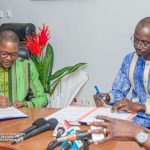

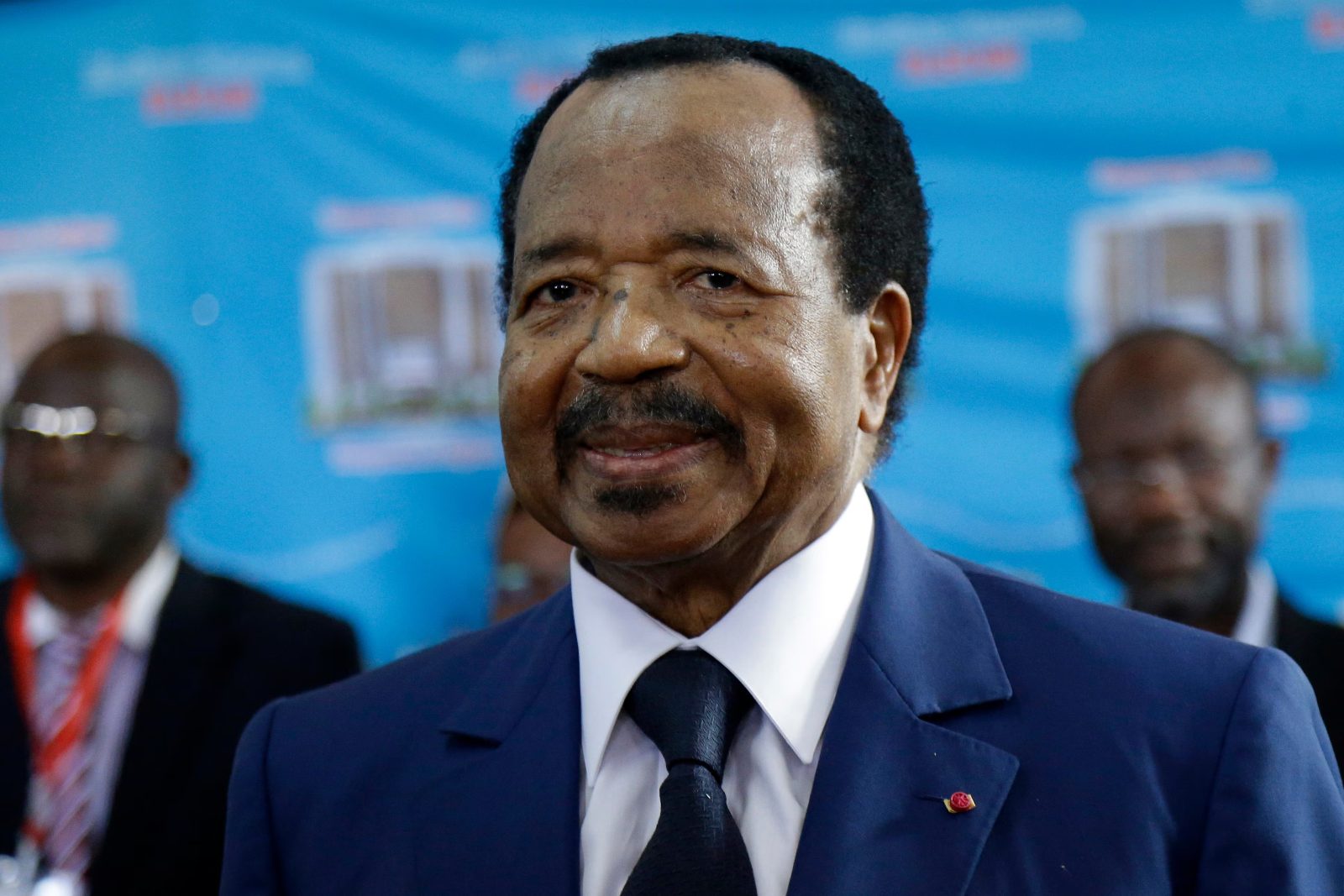
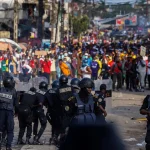
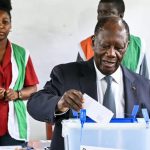

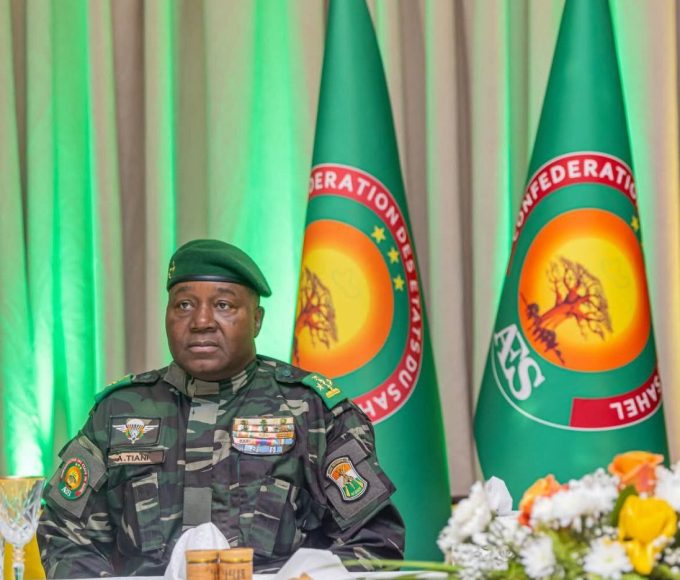
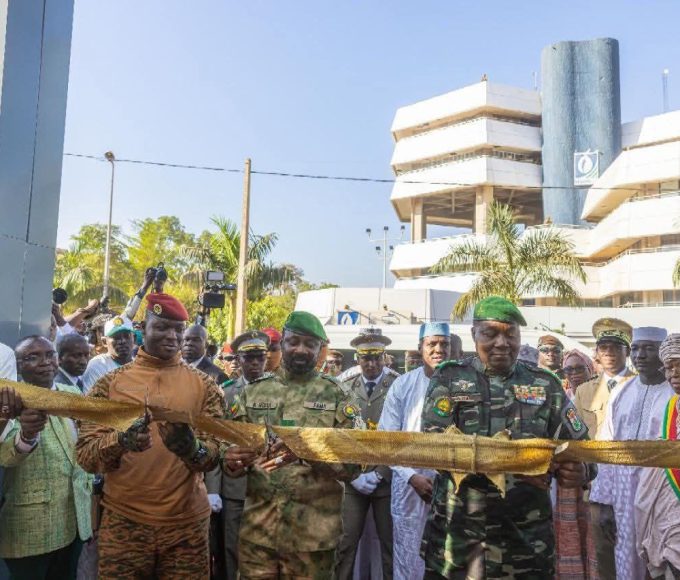
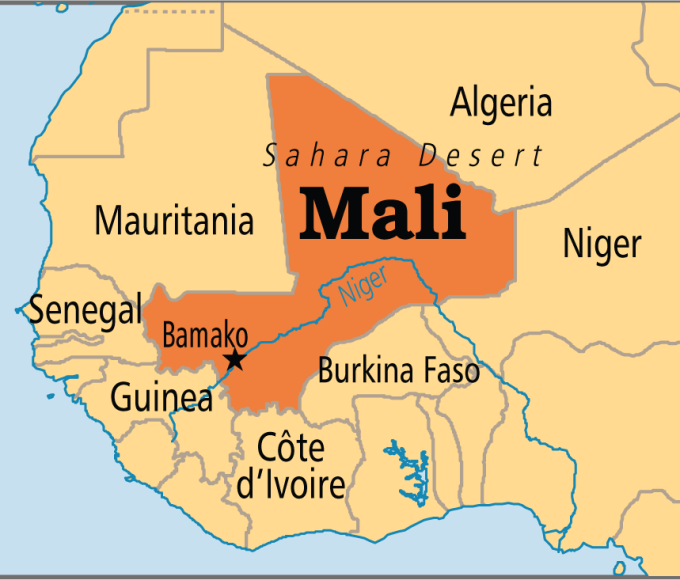
Leave a comment